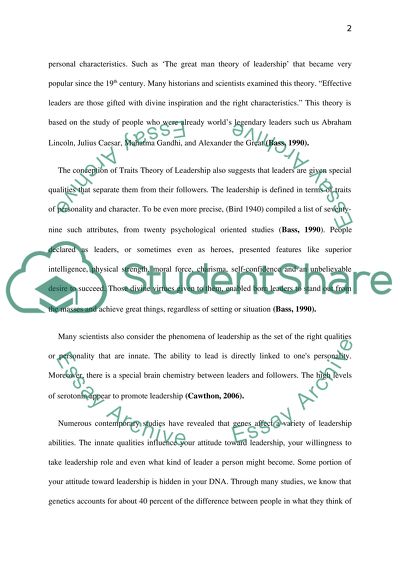Cite this document
(“Are leaders born successful or can they be trained Essay”, n.d.)
Retrieved from https://studentshare.org/visual-arts-film-studies/1423118-are-leaders-born-successful-or-can-they-be-trained
Retrieved from https://studentshare.org/visual-arts-film-studies/1423118-are-leaders-born-successful-or-can-they-be-trained
(Are Leaders Born Successful or Can They Be Trained Essay)
https://studentshare.org/visual-arts-film-studies/1423118-are-leaders-born-successful-or-can-they-be-trained.
https://studentshare.org/visual-arts-film-studies/1423118-are-leaders-born-successful-or-can-they-be-trained.
“Are Leaders Born Successful or Can They Be Trained Essay”, n.d. https://studentshare.org/visual-arts-film-studies/1423118-are-leaders-born-successful-or-can-they-be-trained.


